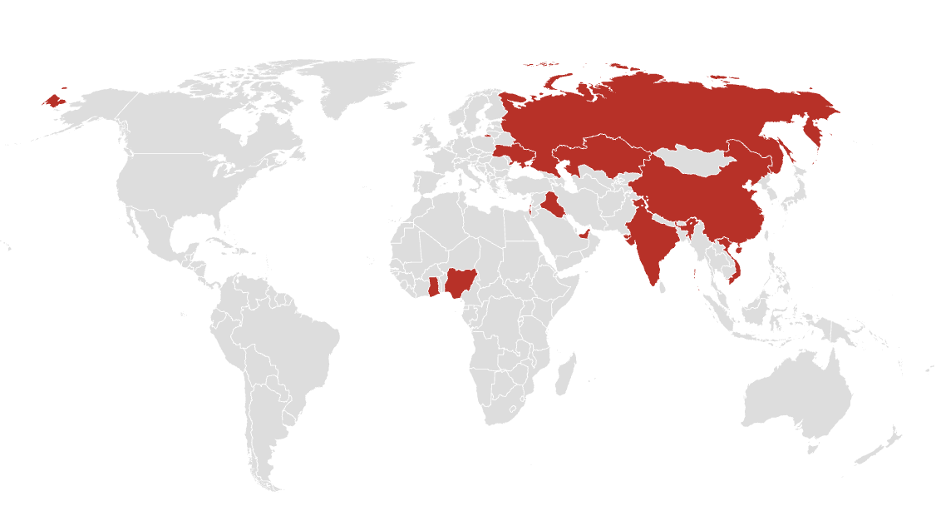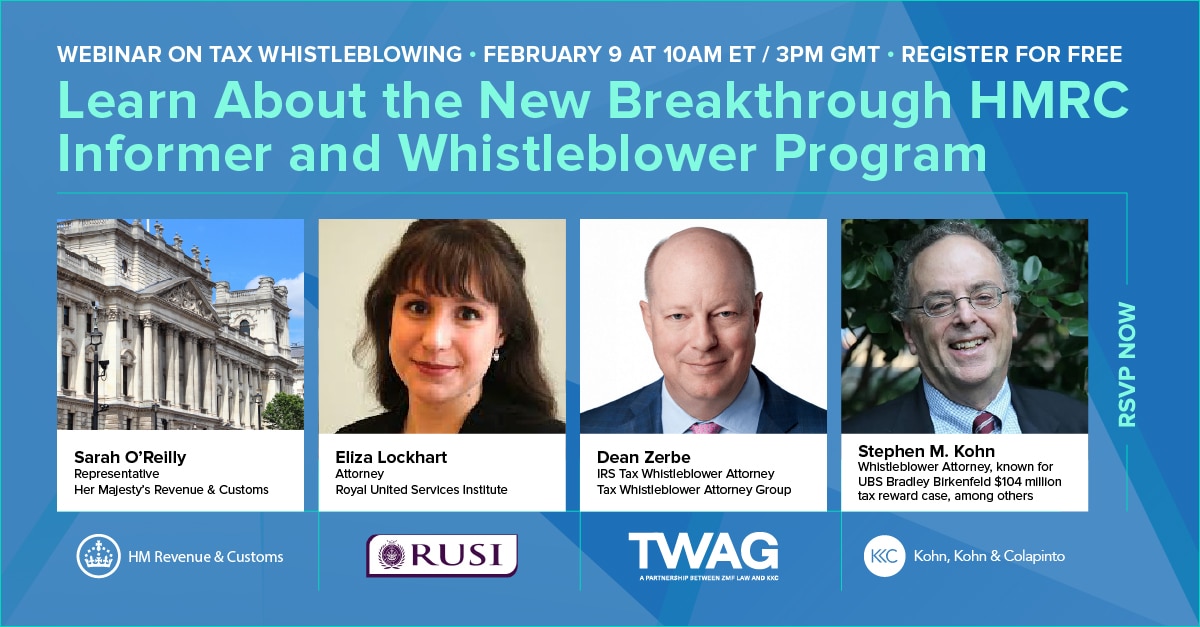Denmark’s Resistance Toward Anti-Corruption Enforcement

The Organisation for Economic Co-operation and Development (OECD) recently released a Phase Four Follow-Up Report unveiling Denmark’s shortcomings in implementing the OECD’s recommended anti-corruption and anti-bribery practices. The 2025 report follows the OECD’s alarming findings from 2023.
While the OECD concedes Denmark has made some “notable enforcement progress,” many necessary steps have yet to be satisfied (4). In an overview, the OECD states that Denmark has “fully implemented 6 recommendations, partially implemented 12 recommendations, and not implemented 37 recommendations” (4).
Partial Progression
In the 2023 report, the OECD highlighted key areas for improvement. A notable concern was the lack of awareness surrounding the reporting of foreign bribery among public officials, the private sector, and the general public. In response, Denmark crafted an introductory course for all public employees and conducted advertising campaigns with three trade journals (8). The OECD also commends Denmark for prosecuting its second corporate sanction for foreign bribery, a case initiated by a self-reporter, and for instigating “proactive media monitoring” to detect potential cases (6).
While addressing recommendations, many of these initiatives remain incomplete. For example, it is unclear as to what extent the introductory courses tackle “foreign bribery specifically” and whether detected foreign bribery cases through media monitoring are adequately “recorded” (6; 13).
In a similar vein, while Denmark has managed to prosecute two cases, many others were “discontinued” upon the National Special Crime Unit’s judgment that there was “no reasonable presumption that a criminal offence had been committed” (5). Further highlighting Denmark’s passivity, while Denmark sanctioned €1.3 million in its second case, the U.S.’s latest sanction against Denmark surpassed $11 million.
Denmark’s Defiant Response
Although addressing some recommendations, albeit partially, Denmark proves resistant to many. Notably, the OECD urged Denmark to draft a “comprehensive national strategy” in combating foreign bribery (6). However, the recommendation prevails as Denmark considers that such a strategy “may not be needed” (5).
Denmark’s failure to even recognize a need for bolstering its anti-corruption practices taint its response to numerous other recommendations. For instance, in commenting on the recommendation of a “clear and transparent” framework for non-trial resolutions, Denmark asserts such provisions already exist (23). Similarly, upon the OECD’s suggestion that Denmark “take measures to ensure law enforcement authorities proactively and seriously assess all credible foreign bribery allegations,” Denmark posits the existing legal framework already “ensures a uniform and serious assessment by trained staff of all credible allegations” (22).
Challenging Denmark’s claims, the OECD’s own assessments point out that special investigative techniques are “underused” and cooperation between investigative and prosecutorial bodies is “informal and ad hoc” (5). The OECD even cites a recent review of the Danish Police in which authorities failed to refer foreign bribery cases to the National Special Crime Unit.
Ultimately, there appears to be a sweeping sense of complacency among Danish officials as employees are not adequately equipped with the means to report corruption. The OECD reports employees are neither clearly obligated nor actively “encourage[d]” to self-report (7). While employees are legally obligated to report credible suspicions, such suspicions “can still be directed to either Danish or foreign authorities” (6). The OECD posits current measures may even “discourage” self-reporting in favor of “confession[s]” (7). As a result of Denmark’s remiss measures, the OECD expresses “concern” over “Denmark’s capacity” to effectuate sanctions in foreign bribery cases (5). The OECD concludes that Denmark lacks an adequate “enforcement framework” (5).
Map of countries where Danish companies have allegedly bribed

In fact, almost all successful anti-corruption prosecutions in Denmark have been brought to justice by the United States under its Foreign Corrupt Practices Act (FCPA); in three major cases alone, Danish companies were fined over $32 million by the U.S.
Crumbling Whistleblower Protection
An important component of anti-corruption practices that the OECD examines in each of its reports is whistleblower protection, and Denmark is no exception. In the 2025 follow-up report, the OECD denounces Denmark’s whistleblower protection framework, arguing it is not aligned with the OECD Anti-Bribery Recommendation XXII. Not only are the sanctions far too low, but the framework also lacks measures to ensure the sanctions are “effective, proportionate, and dissuasive” (5). Alarmingly, the OECD also asserts the current whistleblower protection program “contains loopholes” by providing a “limited definition of retaliation” and lacking clarity “on whether retaliation is punishable” (7).
Even more troubling is Denmark’s adamancy that the whistleblower laws currently in place do, in fact, provide “sufficient protection” (26). Denmark argues that its laws are “in line” with and even surpass the “minimum requirements” set forth by the EU Whistleblower Protection Directive (24). Even so, Denmark’s whistleblower program, and in turn the Directive, falls short of the standards advanced by the OECD’s Anti-Bribery Recommendation XXII.
Denmark’s prosecution of its second foreign bribery case came to light due to a self-report. If whistleblowers continue to be discouraged and unprotected, however, this successful prosecution may be among the last.
Denmark’s carelessness toward whistleblower protection correlates with the 49 unsatisfied recommendations issued by the OECD.
Unresolved Concern
While already in a precarious state when the original report was published, the 2025 follow-up emphasizes Denmark’s continued poor practices and thus “does not alleviate” the OECD’s concerns about Denmark’s faltering commitment to anti-bribery (4).
U.S. whistleblower attorney Stephen M. Kohn, who specializes in transnational corruption cases, echoed the unease:
“Denmark’s Danske Bank was involved in one of the largest money-laundering scandals in history. Denmark’s abysmal failure to implement OECD’s recommendations and to engage in realistic and effective enforcement actions against corrupt entities is an invitation to organized crime worldwide to exploit their weaknesses.”
Denmark may finally partake in the worldwide fight against corruption when it decides to take the OECD’s follow-up report with the gravity it deserves.
Latest News & Insights
January 27, 2026




